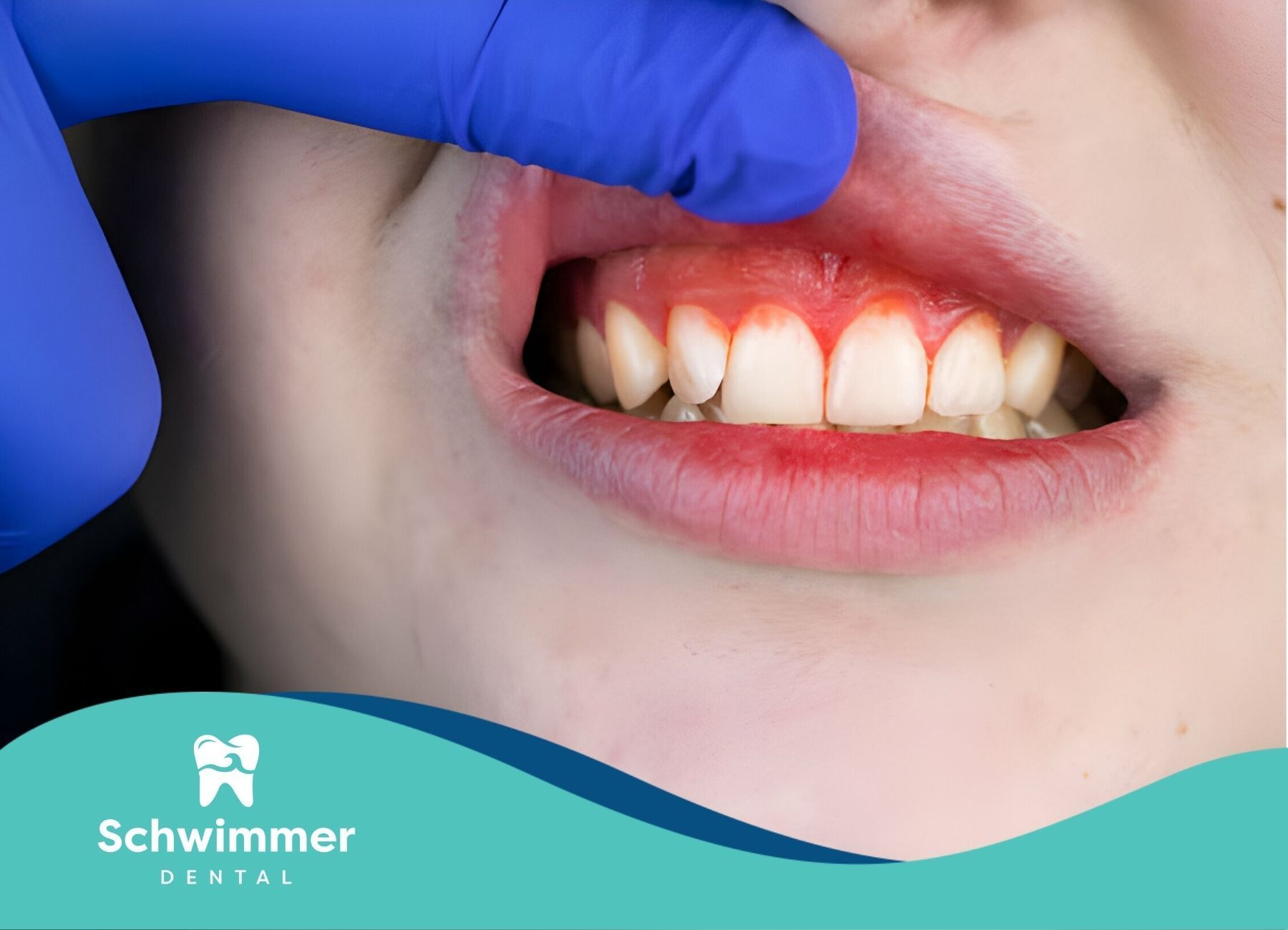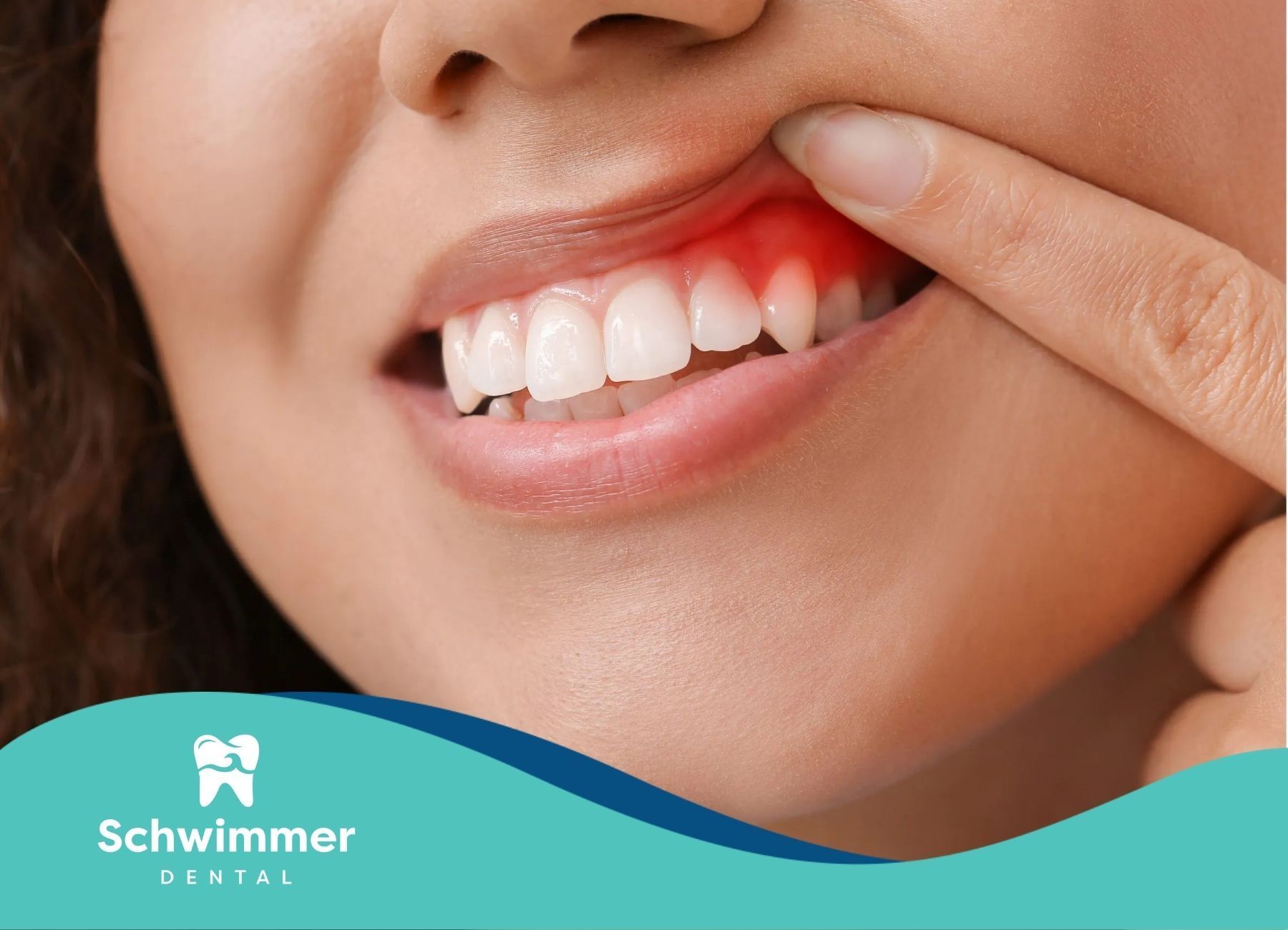Have an appointment? Complete the Intake Form
Understanding the Differences Between Pediatric and General Dentists
Choosing the right dentist for your child is one of the most important decisions parents can make for their child’s oral health. There are two main options to consider: a pediatric dentist and a general dentist. While both are qualified to provide dental care, each specializes in different aspects of patient care and offers different types of services.
Understanding the differences between the two can help you determine which professional is best equipped to address your child’s unique dental needs. This article delves into the roles of pediatric and general dentists, comparing their training, office environments, treatment approaches, and when each option is ideal for your child.
What is a Pediatric Dentist?
Pediatric dentistry is a specialized field that focuses on providing dental care to children, including infants, toddlers, adolescents, and children with special healthcare needs. After completing dental school, pediatric dentists undergo an additional two to three years of intensive training, focusing on pediatric-specific issues like growth and development, child psychology, and behavioral management.
They are trained to handle dental procedures on children with extra care, considering both their physical and emotional needs.
Key Aspects of Pediatric Dentistry:
1. Specialized Training
Pediatric dentists receive advanced education beyond dental school, concentrating on child development, pediatric dental procedures, and special healthcare needs. This training equips them to treat children with specific dental problems that may not be found in adults.
2. Child-Friendly Environment
One of the most significant advantages of pediatric dentistry is the office environment. Pediatric dentists create spaces designed to make children feel comfortable and relaxed. The office is often brightly colored and filled with toys, videos, and dental equipment sized specifically for children. These environments are designed to reduce anxiety and help children feel more at ease during their appointments.
3. Expertise in Managing Dental Anxiety
Many children experience dental anxiety or fear when it comes to visiting the dentist. Pediatric dentists are specially trained to handle these concerns using various techniques to help children feel more comfortable. This may include behavior management techniques such as distraction, relaxation exercises, or in some cases, sedation dentistry for particularly anxious or uncooperative patients.
4. Preventive Care Focus
Pediatric dentists emphasize preventive care, educating both children and parents about good oral hygiene practices from an early age. This may include teaching children how to properly brush their teeth, how to floss, and the importance of diet in maintaining healthy teeth. Regular visits also help ensure that any issues, such as cavities or misalignment, are caught early.
What is a General Dentist?
A general dentist is a dental professional who provides comprehensive dental care for patients of all ages. While general dentists are highly trained and capable of performing a wide range of dental procedures, they do not specialize in pediatric care.
Most general dentists focus on preventive care, restorative procedures, and cosmetic dentistry, providing services such as cleanings, fillings, crowns, and tooth extractions. General dentists typically care for the entire family, but may not have the specialized training or child-friendly environment that pediatric dentists offer.
Key Aspects of General Dentistry
1. Broad Range of Services
General dentists offer a wide variety of dental services that include preventive care, fillings, crowns, bridges, and restorative treatments. They are capable of handling most dental issues for adults, but may not have the expertise to deal with complex pediatric cases.
2. Adult-Oriented Environment
Unlike pediatric offices, general dental offices are generally designed for adult patients. While some general dentists may treat children, their practices tend to be oriented more toward adult needs, and the environment may not always be conducive to making children feel comfortable.
3. Limited Pediatric-Specific Training
General dentists complete a four-year dental school program and may undertake a residency or continuing education, but they do not receive the specialized training in pediatric care that pediatric dentists do. While they are able to treat children, they may not have the specific expertise needed to address children's unique dental concerns effectively.
4. Focus on Preventive Care
Like pediatric dentists, general dentists also emphasize preventive care, such as regular cleanings, fluoride treatments, and sealants. However, their focus is more general, with less emphasis on the developmental and psychological needs of young children.
Comparing Pediatric Dentists and General Dentists
Training and Education
- Pediatric Dentists: Complete an additional two to three years of specialized training after dental school, focusing on pediatric-specific issues.
- General Dentists: Complete dental school and may pursue a residency or practice but lack specialized pediatric training.
Office Environment
- Pediatric Dentists: Pediatric offices are child-friendly, with toys, decorations, and equipment designed to make children feel comfortable.
- General Dentists: General dental offices are typically designed with adults in mind and may not be as inviting for children.
Approach to Patient Care
- Pediatric Dentists: Trained to manage children's behavior and dental anxiety, ensuring that children feel safe and at ease.
- General Dentists: General dentists can treat children but may not have the specialized techniques or equipment to manage younger patients as effectively.
Scope of Practice
- Pediatric Dentists: Specialize in the care of children, including those with special healthcare needs.
- General Dentists: Provide comprehensive dental care to patients of all ages but are not specialists in pediatric care.
When to Choose a Pediatric Dentist
While general dentists are equipped to handle basic pediatric care, pediatric dentists are typically the better choice when:
Your Child Has Special Needs or Anxiety
Pediatric dentists are trained to work with children who have behavioral concerns or developmental disabilities. They also have specialized skills to help ease dental anxiety.
You Want a Child-Friendly Environment
Pediatric offices are designed with children in mind, creating a welcoming, fun, and comfortable atmosphere for your child.
Your Child Requires Specialized Care
Pediatric dentists are equipped to handle more complex pediatric dental issues, including dental development problems, teething issues, and thumb-sucking problems.
You Want Focused Preventive Care
Pediatric dentists place significant emphasis on teaching children how to care for their teeth, which helps instill good habits from a young age.
When a General Dentist May Be Suitable
A general dentist may be an appropriate choice when:
Your Child is Older
Once children reach a certain age and their dental development is complete, they may be comfortable transitioning to a general dentist.
Your Child Has Basic Dental Needs
For routine care like cleanings and cavity fillings, a general dentist may be sufficient, especially if your child is comfortable in a more traditional dental environment.
Conclusion
Choosing the right dentist for your child is essential for their dental health and overall well-being. Pediatric dentists specialize in caring for children's unique dental needs, offering child-friendly environments, behavioral management, and specialized care. General dentists, on the other hand, offer a broad range of dental services for patients of all ages but may not have the same expertise in treating younger patients.
At Schwimmer Dental, we understand that your child's comfort and health are your top priorities. Whether you choose a pediatric dentist or a general dentist, we are committed to providing the highest level of care for your child’s oral health. Our experienced team is ready to help you make the best choice for your child's dental needs. Contact Schwimmer Dental today!
Frequently Asked Questions
Is it necessary to see a pediatric dentist for my child?
Pediatric dentists are highly trained to address the specific needs of children, especially younger children or those with special needs. They create a more child-friendly environment, which can make dental visits easier for both parents and kids.
At what age should my child transition from a pediatric dentist to a general dentist?
Most children can transition to a general dentist around the age of 12, though this varies depending on the child’s individual needs and comfort level.
Can a general dentist handle my child's dental needs?
While general dentists can treat children, they may not have the specialized training in managing pediatric dental issues that pediatric dentists do. It depends on the complexity of your child’s needs.
Need Assistance? We’re Here to Help
We are dedicated to enhancing your dental health and well-being.
We provide personalized dental care solutions for a confident, healthy smile.
Contact us today for Professional Dental Care.

Our caring staff will help you feel relaxed and comfortable in our state of the art office. We respect your time and pledge to deliver prompt service, backed by the latest knowledge, techniques, and technology.
Email: Office@schwimmerdental.com
Tel: (848) 294-2385
Fax: (732) 899-3347
Address: 1115 Arnold Ave,
Point Pleasant, NJ, 08742
Schwimmer Dental – Website by CWS


